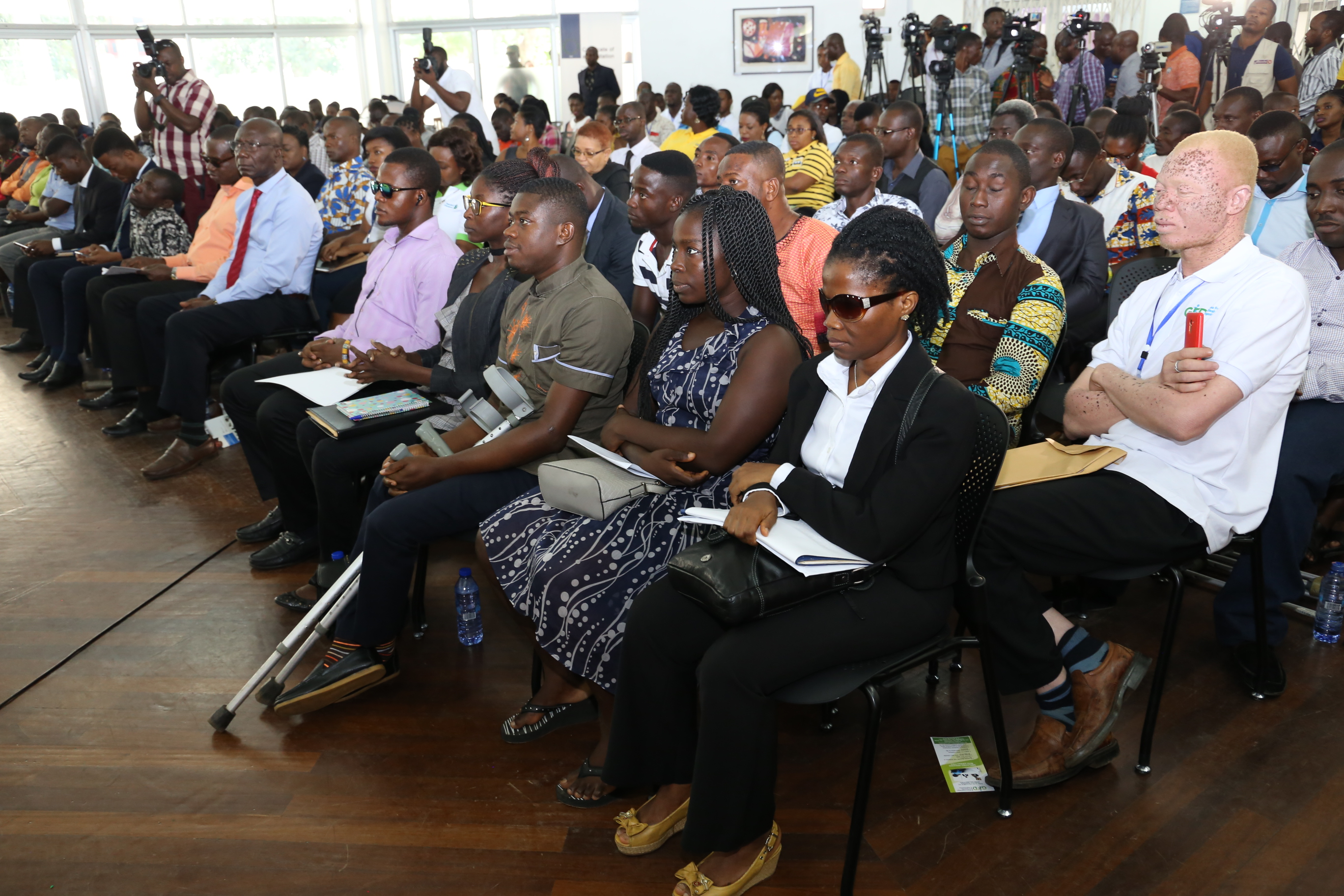
Marginalised groups require more support— Report
A study has revealed that there is a growing inclination among marginalised groups for participation in local level and parliamentary elections in five districts in the Volta Region.
The result indicated that a total of 626 of primary beneficiaries of a project on civil rights, participatory democracy and governance towards accelerated development rippled to cover 28,388 indirect beneficiaries within a short time in the five districts under the project sponsored by Strengthen Transparency,
Advertisement
Accountability and Responsiveness (STAR Ghana).
It was jointly funded by the European Union (EU), Danish Agency for International Development (DANIDA), UKAid and the Ministry of Foreign Affairs.
Stimulating interest
The revelations were made at a workshop for project evaluation, information sharing and validation of results, and was designed to develop interest, enthusiasm and stimulate participation in district level elections and the referendum by May 2019.
It was under theme, “Gender Mainstreaming and Socially Inclusive Participation in Local Governance”.
According to the executive director of the Volta Educational Renaissance Foundation (VEREF), Dr Deodat E. Adenutsi, feedback from target groups suggested that STAR Ghana should extend support beyond district level elections otherwise it would be seen perpetuating stigmatisation and exclusion.
He said primary beneficiaries were aware of their capacity to contest elections on issues but lacked the requisite resources hence the need for material support to be able to compete with able bodied persons, adding that support could be extended to cover the media space, printing of banners and manifestos.
Setbacks
Mr Adenutsi said low participation of women in governance was a setback to democracy, and that more participation of women gave men relief and made them free, adding that Persons With Disabilities(PWDs) must equally be given exposure so as to assert themselves in the society.
He noted that people contested elections not for winning purposes but to exhibit a mark for equality, and that contesting was to change the mindset against the marginalised but those who failed to get involved were their own enemies.
The five non-governmental organisations that spearheaded the study were the Youth Development and Rural Empowerment Foundation(YEDREF) in Nkwanta South, Royals Health Organisation(ROHECO), Community Advocacy Against Poverty(CAA Ghana) in Jasikan, Global Community Initiative (GCI) in Krachi Nchumuru and VEREF in South Dayi districts.



